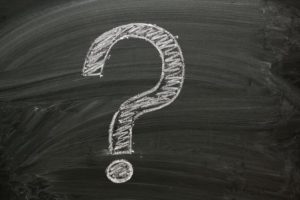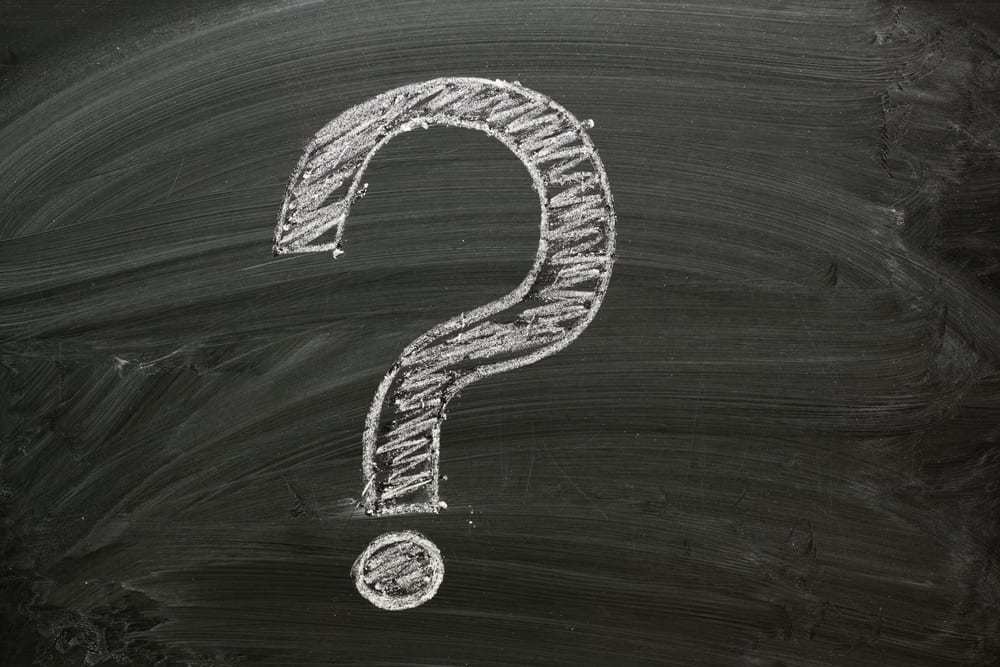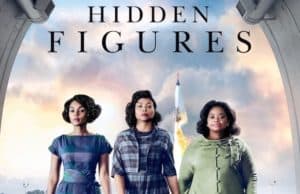 Every now and again, I’ll start reading a book with the belief that it is about one topic when it is about something else entirely, or about many things. I’m one of those people who sometimes wanders among the stacks of the library until a cover or title catches my eye – so you might argue that I’m getting what I deserve when I eschew a more disciplined approach. Still, this habit has led to some interesting discoveries.
Every now and again, I’ll start reading a book with the belief that it is about one topic when it is about something else entirely, or about many things. I’m one of those people who sometimes wanders among the stacks of the library until a cover or title catches my eye – so you might argue that I’m getting what I deserve when I eschew a more disciplined approach. Still, this habit has led to some interesting discoveries.
Such was the case when I selected Wait, What? And Life’s Other Essential Questions by James E Ryan. This is actually an expansion on a college commencement speech he gave in 2016, as then-Dean of Harvard’s Graduate School of Education. He proposes that there are five essential questions in life, and that regularly asking these of ourselves and others will lead to happier, more successful lives. Although the original audience was a graduating college class, these questions would be equally useful to all age groups. Ryan is a gifted storyteller and generous in sharing his own experiences, which range from fairly embarrassing to deeply moving.
Ryan notes that from an early age he would pepper his parents with questions from the trivial to the significant; ‘Why is the sky blue?’ was followed in due time by ‘What evidence do you have that the Pope is God’s representative on Earth?’ This caused his father to half-jokingly advise him that he should become a lawyer. In fact Ryan did go on to study law, which he then taught for fifteen years, a pursuit that allowed him to ask questions for a living. Interestingly, I’d received the same counsel from my own father, although my path led not to law but librarianship; I now put my curiosity to use chasing down answers and connecting patrons with resources to slake their own thirst for knowledge. I was naturally intrigued by the premise of this title. However as I delved into it I realized that I had that particular breed of book on my hands which is at once what I thought it would be, and also so much more.
Ryan first suggests that we all spend a little more time thinking about the questions we ask, rather than fixating so much on having the right answers. College grads might be particularly susceptible to worrying about this, but it’s not something we ever really leave behind, if we are continually stretching ourselves into bigger roles. There is always a chance that we’ll be asked something to which we don’t know the answer. The good news – and my biggest takeaway from working in a library – is that the knowledge we don’t yet have is out there, we just have to hunt it down.
The titular ‘Wait, what?’ is the first in a handful of questions that Ryan deems essential. This seemingly simplistic and obscure question is actually a linguistic multi-purpose tool on par with the Swiss Army knife. His treatise on the many uses of this query is a mini seminar on communications. He notes that the presence of the word wait can actually encourage us to slow down and may lead to more meaningful consideration. Pausing to ask this question allows one to check comprehension, as well as garner more information before passing judgment – which we are often too quick to do. He further proposes that we consider that seemingly negative remarks made by others could be variations on this question, and that what we perceive as someone quashing an idea might actually be a request for clarification or a fact-finding mission.
The several questions that follow are examined in depth and accompanied by rich illustrations from his own life and beyond, making this volume both useful and relatable. The second question – I wonder why (or if) – has both practical utility and big-picture benefits. Ryan recounts the story of how, when running in the Netherlands, he approached an area where the grass was a different color than what he had been running on and how he discovered at the last moment that in fact it was not grass but algae floating on the surface of a canal, which he promptly plunged into. Beyond the practical applications of keeping us safe, he observes that wondering why/if allows us to remain curious about, and engaged with, the world – perhaps even prompting attempts to improve it. First we wonder why something is the way it is, then we wonder if there is anything we can do about it. Another question – couldn’t we at least – encourages flexibility. It can be followed by a host of useful words including begin, or agree. In employing this question, Ryan explains, we are able to compromise – whether it is with others or ourselves, as when he relates how a year-long trip abroad planned by his family was abbreviated rather than abandoned to fit within his sabbatical. The next question Ryan presents – how can I help – is a powerhouse. On the face of it, offering to be a helpful person just sounds like the right thing to do. Yet he is literally saying that we should ask in what way we can be of assistance. Rather than presuming that we know what’s best, we are asking the person whom we’d like to help the best way to achieve that. In short: how we help matters as much as that we help.
Finally, Ryan asks readers to consider: what really matters? He suggests asking this instead of making New Year’s resolutions. He notes that while people might identify similar things as being important, such as family or work, that in revisiting this question regularly we get to a deeper level of understanding.
There is a bonus question that Ryan proposes in his conclusion which I will leave to those who pursue a reading of this work (or who watch the video of his commencement speech online.) It is significant, perhaps the most important one, and I hope to be able to answer it well, in good time, after diligently putting the others into practice.
Kirstie David is the Literacy/Outreach Librarian at the Morrill Memorial Library in Norwood, MA. Look for her article in the August 20, 2020 issue of the Transcript and Bulletin.




